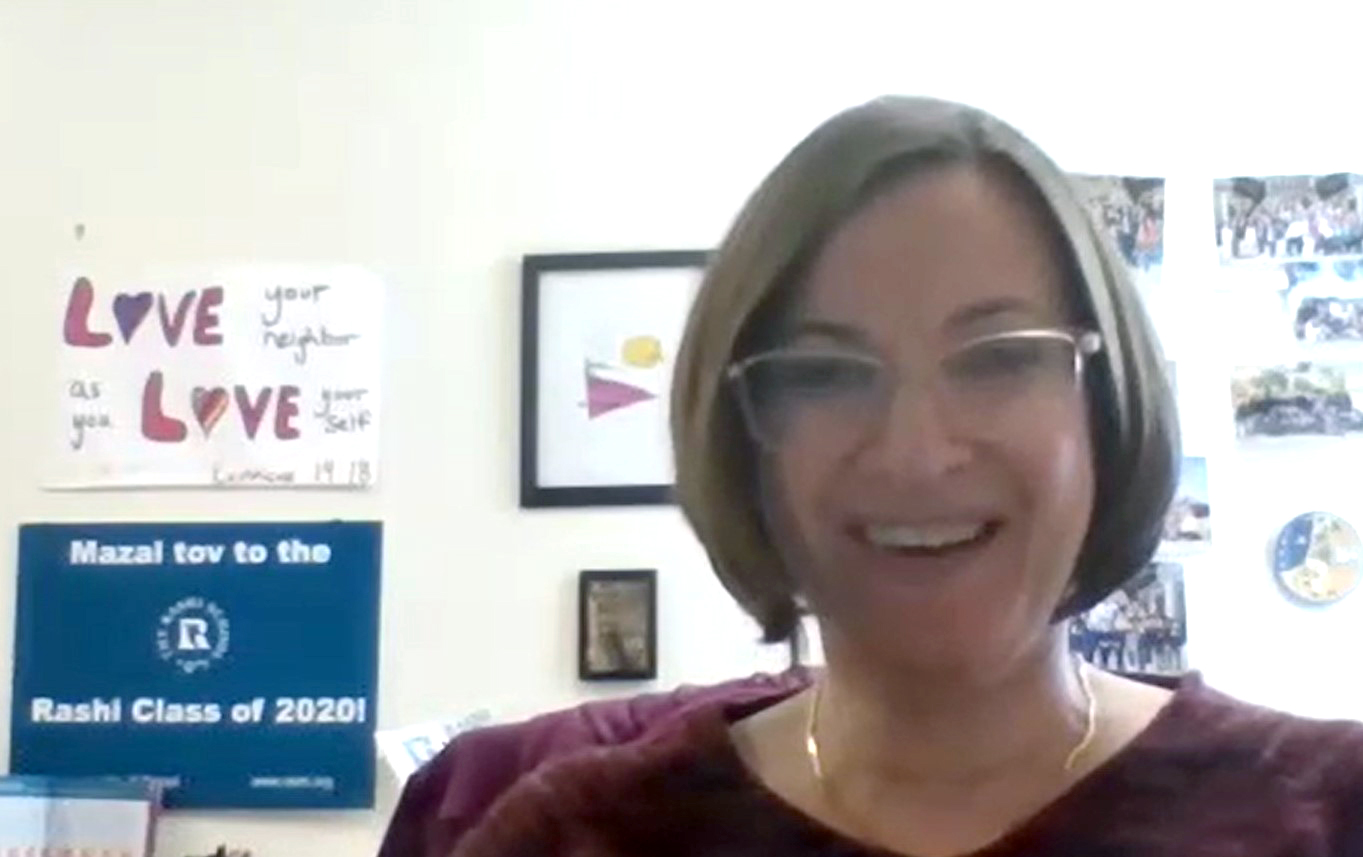
The Rashi School, which serves kindergartners to eighth-graders in the Boston area, joined CIE’s Day School Initiative this school year and, despite ongoing COVID challenges, is off to a great start toward transformative changes.
Rabbi Sharon Clevenger, Rashi’s Director of Jewish Learning, says the school needed help to expand Israel education from three grades to all nine at the school and to break out of the silo of Jewish studies. “There was no sense of Israel as a lens through which to teach any other subject, and we all felt that needed to change.”
Among the many options Rashi investigated, CIE offered the deepest, broadest options with a commitment to an apolitical approach based on primary sources.
“I knew it was just an incredibly worthwhile investment of our resources, our money, but also of our time, and CIE has not disappointed,” Clevenger says.
Rashi engaged in the process of revamping its teaching of Israel with only three “angles,” she says: Israel has a right to exist; Israel is an important home for the Jewish people; and students at a Jewish school should have a special understanding and relationship with Israel through learning.
“We’re going to teach Israel as educators, not as ideologues,” Clevenger says. “That can be messy, and that can be complicated and complicating.”
Crucially, she has the full support of the head of school and the board, and parents’ biggest question has been why Rashi hasn’t undertaken such an effort sooner. Communication with parents throughout the development and rollout of the comprehensive curriculum will remain part of the process the next several years and beyond as Rashi continues to refine Israel education and, Clevenger hopes, to keep working with CIE.
“I don’t see there being a finish line in Israel education and curriculum development,” she says, so it’s important to maintain a relationship with CIE. The Center and our Vice President for Outreach and Pre-Collegiate School Management Initiatives, Dr. Tal Grinfas-David, who leads the Day School Initiative, have demonstrated deep expertise and earned the trust of the Rashi faculty.
“My team has loved the experience and consistently are saying to me, ‘This is the best professional development that I’ve had in years. I can’t wait for every week. I love doing it,’” Clevenger says.
That trust helps the community appreciate Rashi’s desire not to teach uniform beliefs about Israel, but to help its students begin to develop their own beliefs by the time they graduate and to be able to engage in Israel discourse at the high school level and eventually the college level.
“We don’t want our Israel curriculum to prove a point,” Clevenger says. “We want it really to expand our students’ understanding of what Israel education can be, and we want our students to be able to leave each lesson, each grade and ultimately Rashi being able to make statements that are foundational in terms of what Israel is.”
